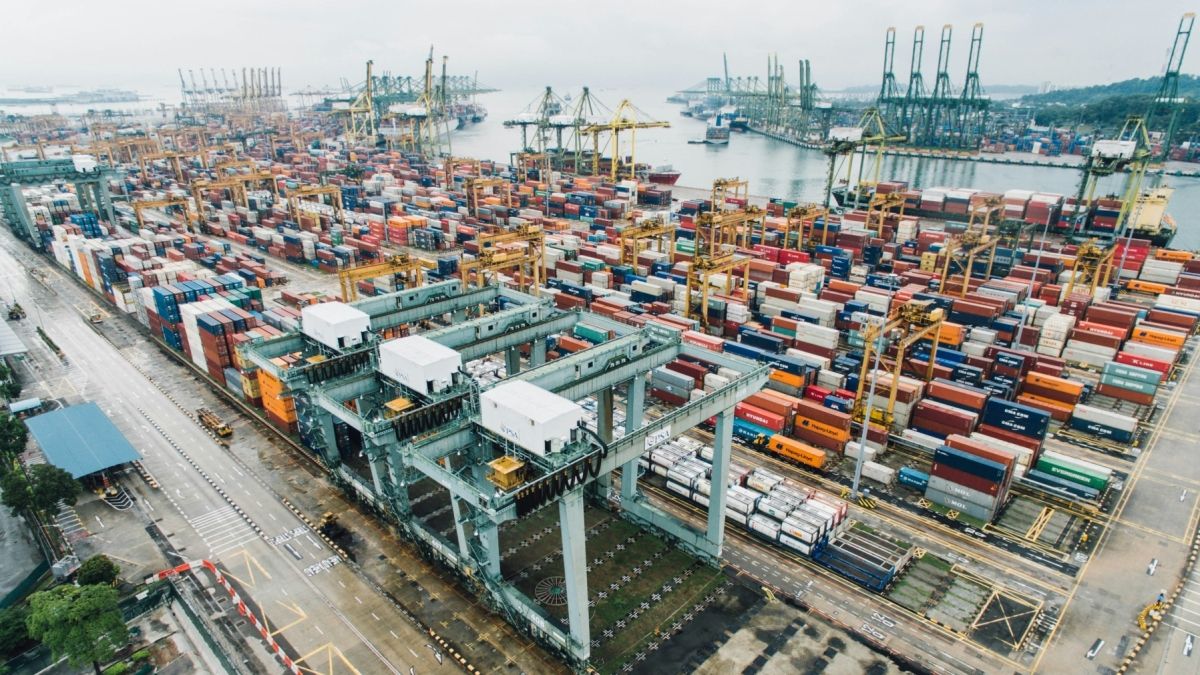Ports along the Red Sea are grappling with a dramatic reduction in deep-sea vessel calls, a trend attributed to escalating regional instability and security concerns. This sharp decline is impacting key ports in countries such as Egypt, Saudi Arabia, and Sudan, which have historically served as crucial nodes in the global shipping network connecting Europe, Asia, and the Middle East.
Recent reports indicate that vessel calls have decreased by up to 30% over the past year. This decline is largely due to the volatile political climate in the region, particularly ongoing conflicts in Yemen and the broader Middle East, which have raised risks for shipping companies. The threat of piracy, coupled with heightened security concerns, has led many shipping lines to reroute their vessels to more stable and secure ports, bypassing Red Sea ports.
Ports that once benefited greatly from heavy traffic are currently dealing with declining earnings, decreased operational throughput, and more economic pressure. The container throughput at the Port of Jeddah, a major hub in Saudi Arabia, has significantly decreased, which has affected local businesses and trade activities. The decrease in deep-sea calls has an impact on port earnings as well as supply chain, warehousing, and logistics operations.
Investments in improved infrastructure, security measures, and regional stabilisation diplomacy are some of the strategies used to address these issues. By providing incentives to shipping lines and increasing operational efficiencies, the Red Sea ports are attempting to increase their attractiveness. It will take persistent regional stability and a determined effort to address security concerns to rebuild trust in these ports.
The decrease in requests for deep-sea vessels emphasises the need for continued international cooperation to guarantee the security and resilience of important maritime routes and emphasises the wider effects of regional instability on international maritime trade.

